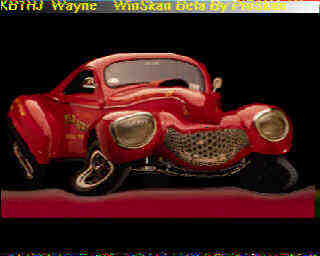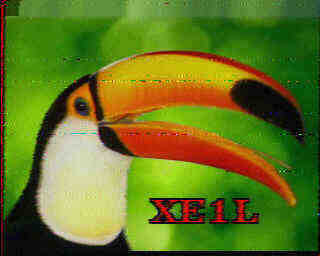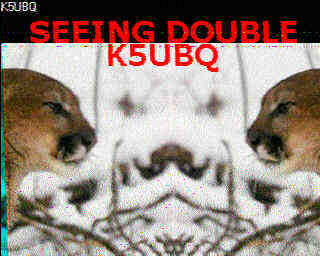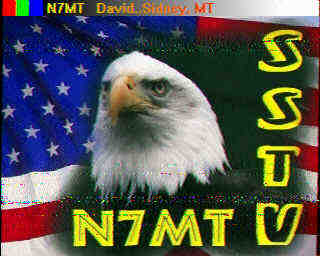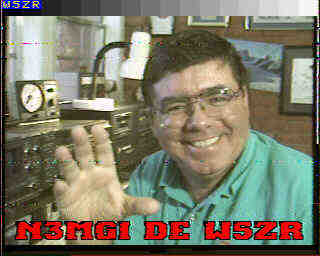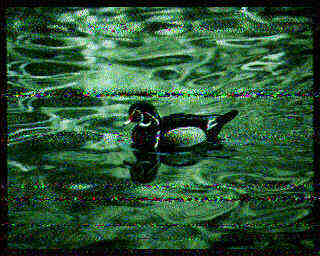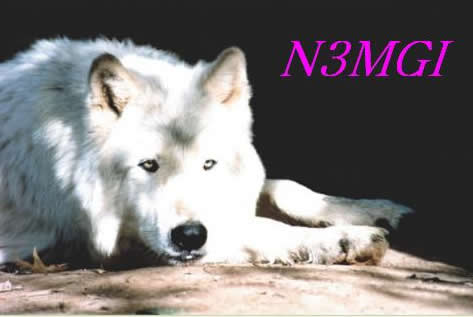Welcome
It's been a while since I have updated this page and a lot has changed since it's inception over 7 years ago. Traditional Slow Scan Television is still around and running strong but there is a new upstart on the horizon sparked by faster and cheaper computers. Digital Slow Scan Television takes picture clairity to the next level giving you near perfect images off of your radio with no static lines or fading. A simple hookup to your computer's sound card output and input to interface your rig and a simple program is all it takes to be on the air.
Herein is my original and well received primer site but you will find descriptions and links to the newer formats.
If you haven't checked out Amateur Radio Slow Scan Television for a while, you don't know what you have been missing. Slow Scan Television has been around since the Stone Age of television; unfortunately expensive and elaborate interfaces and poor black and white images did nothing to enhance the experience. Commercial equipment was very expensive and few people were up to the challenge of a homebrew project.
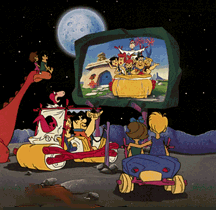

Along comes the computer revolution. With the advent of affordable PC's for the hamshack, some bright folks put the computer to work for us. Inexpensive and easy to build homebrew interfaces that cost less than 20 dollars can be used in conjunction with shareware and freeware programs that are readily available on the net. And more recently the sound card has become a common interface for several of the hottest programs to send and receive pictures. If your rig does not run in vox mode a simple circuit can be constructed to enable transmit and receive using any soundblaster compatable card. More and more companies are now marketing sstv interfaces, kits and the like.Although SSTV activity has exploded during the last couple years, it's still hard to find much modern information.So we now find that it is easy and inexpensive to get started with SSTV. You can receive pictures with some readily available shareware. You have an HF rig...what no HF rig? Well now more and more folks are transmitting on VHF and UHF and SSTV nets are popping up all across the country.
Some common frequencies to get started on include:
1.916 3.845 3.857 7.171 14.230 14.233 21.340 28.680 145.5 MHz
Stop by my beginning SSTV page to learn more about this fun aspect of our hobby.
Some Links to Slow Scan Shareware
Sound Card Interface
W95SSTV One of my favorites.
DIGTRX for digital SSTV
DL1UR German instructions but worth a look.
ATFAX
Winscan From the developer of Proscan, Still BETA
WinPix PRO Receive Only demo.
Soundblaster SSTV
SSTVBL
Hamcomm or similar interface.
JVFAX version 7.1 Still FREEWARE.
MSCAN
Proscan Very good MSDOS program.
EZSSTV
Sound Card VOX interface circuit.
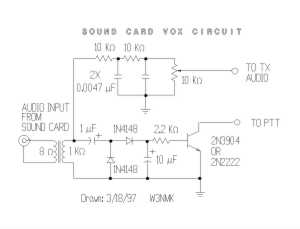
Proskan Hamcomm Type Interface
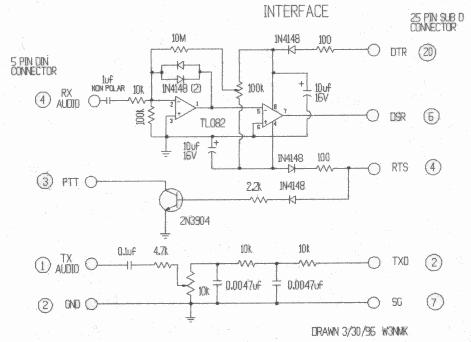
 What it looks like.
What it looks like.
Some Great Recent SSTV Screen Shots

